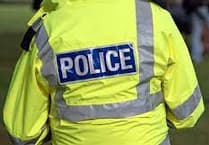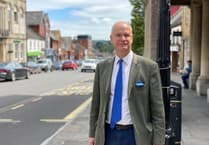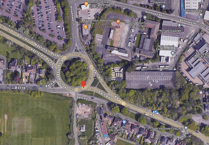PCC Mark Shelford is urging anyone who receives a call or message from somebody claiming to be from a trusted organisation and who suggests money should be transferred to hang up and dial 159.
159 is a short-code phone service that connects people safely to their bank’s fraud prevention service.
The phone service should be used when an individual receives an unexpected or suspicious call about a financial mater, allowing them to report financial scams as the fraud is potentially taking place.
Banks that currently implement 159 include Barclays, Co-operative, First Direct, HSBC, Lloyds (including Halifax and Bank of Scotland), Metro Bank, Nationwide Building Society, Natwest, Santander, Starling Bank and TSB.
When calling 159, you’ll be taken through an option menu in which each bank that has signed up to the service is read.
Customers are then able to use their telephone keypad to be put through to their bank so they can speak to their bank about their concerns and protect their money.
When to call 159
PCC Mark Shelford said: “159 is a safe route to contacting your bank if you have suspicions and concerns about your account.
“To be totally safe, dial 159 on another phone or after a period of time to ensure that sophisticated scammers are not staying on the line and imitating a dialling tone so you think you’re calling your bank.
“No one from 159 will ever call you and only a fraudster will object to you calling 159.”
Take five To stop fraud advice
Stop: Taking a moment to stop and think before parting with your money or information could keep you safe.
Challenge: Could it be fake? It’s okay to reject, refuse or ignore any requests. Only criminals will try to rush or panic you.
Protect: If you think you’ve been a victim of fraud, contact your bank immediately and report it to Action Fraud online at actionfraud.police.uk or by calling 0300 123 2040. In an emergency, call 999.
For more advice on how to stay secure online, please visit cyberaware.gov.uk.




